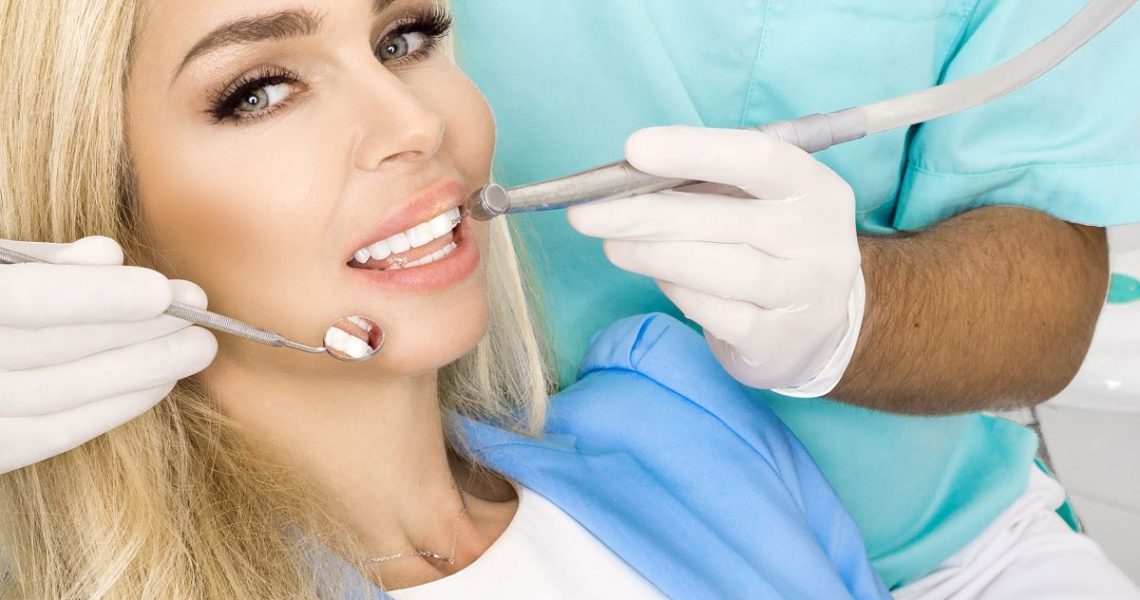Regular visits to the dentist are vital in ensuring optimal oral health. The dentist may often recommend a further check-up with the hygienist and this can help enhance your oral health further. Visiting the dentist and hygienist Richmond in combination with a good oral hygiene routine at home will help ensure longevity of natural dentition and also prevent any dental issues before they are able to present themselves.
Hygienists can help educate about good oral hygiene techniques, advise on how to maintain dental health and give nutritional advice and information about specific foods which may be beneficial or should be avoided according to individual requirements.
The role of hygienists in preventing gum disease
Hygienists are also involved in identifying and preventing dental issues such as gum disease as thorough examination enables any signs or symptoms to be identified early on and therefore treated before they can cause further damage. The hygienist’s role is to perform a thorough cleaning of the teeth which may not always be possible at home, using scaling and polishing techniques which are used to remove plaque and calculus. Plaque is the sticky transparent film that is always forming on the surface of the teeth. If left untreated plaque can harden over time and become calculus. Calculus provides an ideal surface for further plaque build up. Bacteria flourish in the plaque and secrete acids which can result in bad breath, receding gums, tooth decay and lead to gingivitis. This is an infection and inflammation of the gum and can lead to periodontal disease, which is a severe infection of the gums and can even lead to tooth loss. Calculus cannot be removed by brushing or flossing, therefore regular appointments with the hygienist are important in diagnosing such issues before they present themselves, preventing many further issues in the long run.

The importance of fluoride in dental hygiene
Hygienists can apply anti-bacterial materials which may be involved in the prevention of tooth decay, as well as supplementary fluorides such as topical fluoride where necessary. Fluoride is important for dental health. Fluoride is required for strong tooth enamel, it helps prevent dental cavities and is also involved in the prevention of tooth decay. Fluoride reduces bacterial acid production which is related to plaque and calculus formation. Fluoride can be found in drinking water, tea and coffee, and fruits such as grapes and shellfish such as crabs and shrimps. Fluoride intake through diet is usually insufficient therefore most toothpastes now contain fluoride and the amount of fluoride in toothpaste is sufficient to reduce tooth decay. Topical fluoride is applied as varnish or gel directly to the teeth and this will be done by the hygienist if fluoride deficiency is suspected.
Hygienists are involved in taking impressions of the teeth, they can carry out examinations and X-rays, screening and monitoring procedures and other imaging techniques of the teeth on behalf of the dentist. Visiting the hygienist on a regular basis will not only help ensure optimal dental health, but will also ultimately lead to increased general well-being at the same time, as dental issues can have detrimental effects on all aspects of life.

